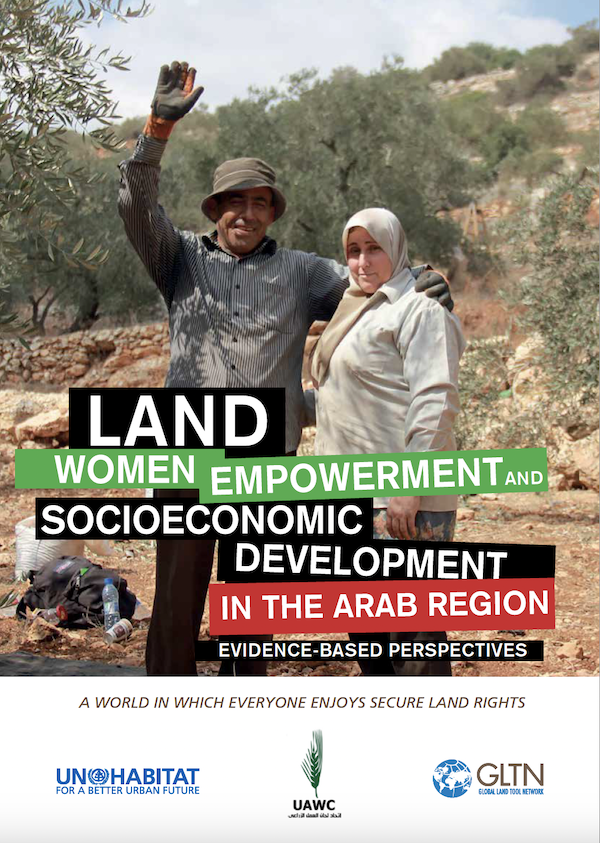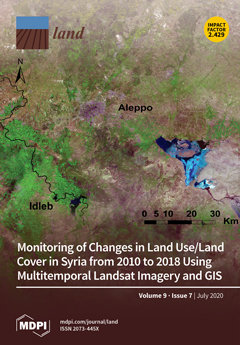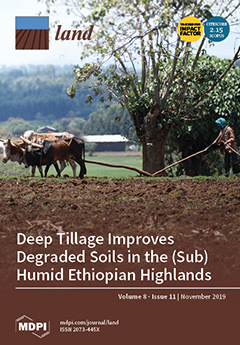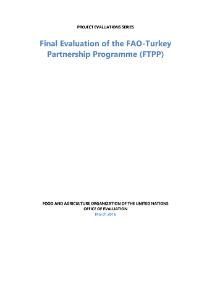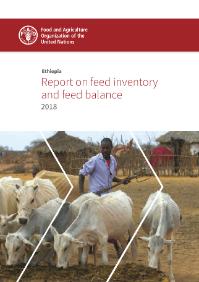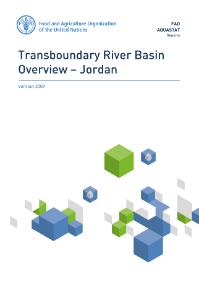There is a correlation between socio-economic development, human rights and the empowerment of men and women to participate at all levels of decision making. Secure land rights are an important precondition for the achievement of these goals, including and the realisation of a broad spectrum of…
It is widely understood that effective use of land, the sustainable production of food and development are linked. Yet, creating effective policy, which takes into account broader notions such as economic prosperity and social justice, especially in the context of competing claims to land use…
In Syria, 76% of the forests are located in the Syrian coast region. This region is witnessing a rapid depletion of forest cover during the conflict that broke out in mid-2011. To date, there have been no studies providing accurate, reliable, and comprehensive data on the qualitative and…
The current relationship between Syria and the West cripples any real prospect for reconstruction. Western sanctions on reconstruction as a political tool aimed at the regime, have wide-ranging negative impacts on the civilian population – while having little hope of political success. For…
The impending close to the war in Syria brings to the fore the prospect of approximately 13 million forcibly displaced people considering returns to places of origin in the country. However the reattachment of people to their housing, land and property (HLP) faces a daunting set of challenges—…
Understanding the effects of socio-ecological shocks on land use/land cover (LULC) change is essential for developing land management strategies and for reducing adverse environmental pressures. Our study examines the impacts of the armed conflict in Syria, which began in mid-2011, and the…
After eight years of civil war, parts of Syria are now free from conflict. In recognition of the return to peace, the government officially welcomes back all who fled the country to escape violence. Yet, a pattern of property expropriation supported by the government during the war limits the…
ICARDA continued to play a critical role in the development, improvement, and dissemination of climate-resilient crop varieties last year. The varieties strengthened food and nutritional security and provided a critical defense against extreme temperatures, water scarcity, and the emergence of…
This evaluation assessed strategic positioning of the first phase of the FAO-Turkey programme, its results and contributions, sustainability, as well as coherence and catalytic effects. It noted that the programme facilitated a beneficial collaboration between the Turkish Government and regional…
Available evidence indicates that pastoral destitution in Ethiopia is principally driven by feed and water scarcity. Feed resources ought to be considered in the broader perspective and not predominantly during emergency as is the case now. Feed inventory and balance is therefore requisite such…
This river basin overview describes the state of the water resources and water use, as well as the state of agricultural water management in the Jordan basin. The aim of this report is to describe the particularities of this transboundary river basin and the problems met in the development of…
This book is aimed at finding answers to questions about what the current situation with soil resources in the region of Central Asia and Southern Caucasus as related to food security, and how we can improve the food supply through the impact on the soil. The book consists of three parts. The…


